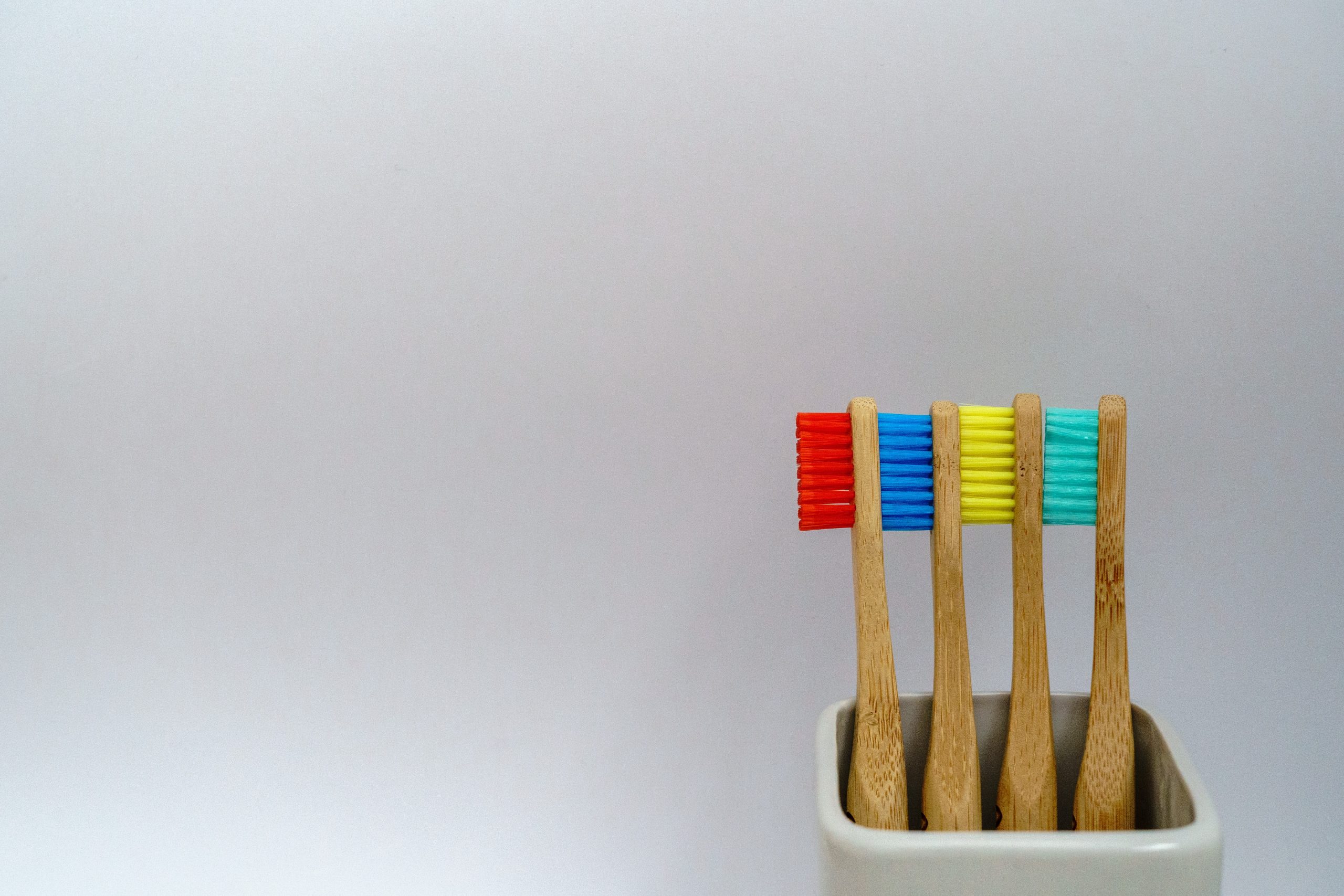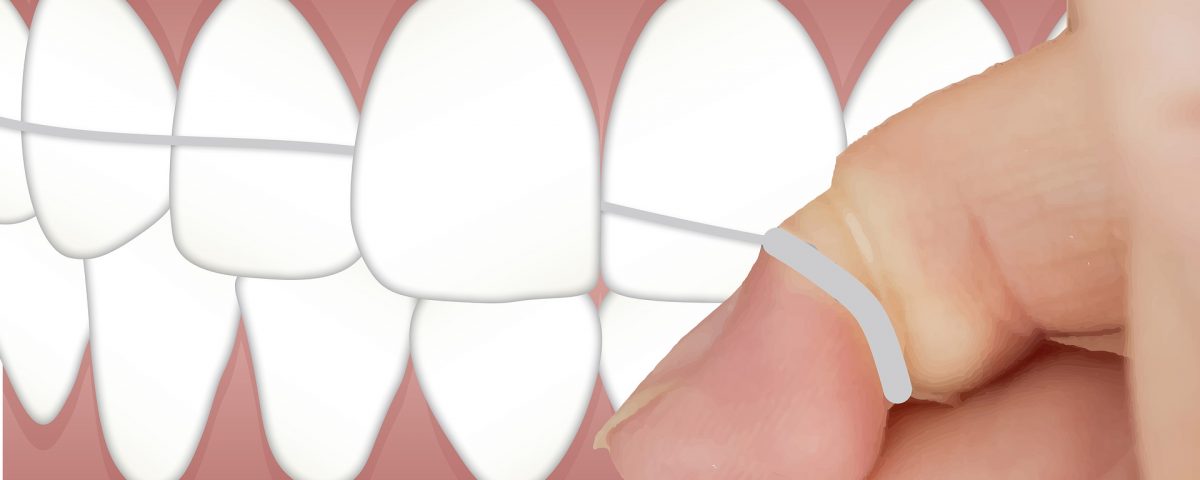
Finding the Right Toothbrush for Your Dental Needs
November 19, 2020
How Does Dental Bonding Work Exactly?
December 2, 2020Your dental appointment is looming, but you’ve forgotten to get into the flossing habit. Hours before your session, you floss vigorously in the hopes of fooling your family dentist—but to no avail.
The good news is, you aren’t alone—over half of Americans don’t floss regularly, and 20% don’t floss at all. The bad news is, you aren’t going to be doing your teeth and gums any favors. Flossing isn’t just a bonus step in your oral hygiene routine—it can significantly impact your overall health.
Here are five reasons why you should floss every day as part of your tooth-brushing regimen.
Reason 1 – It Eliminates Plaque
Contrary to what it may seem, your teeth have five surfaces to them. When you leave flossing out of your routine, you’re already missing out on two of these layers.
On these layers, plaque, which is sticky bacteria, develops. By ignoring this build-up, you run the risk of developing cavities, decay, swollen gums, or even gum disease.
Reason 2 – It Helps Prevent Gingivitis
Gingivitis occurs during the earliest stages of gum disease, making the condition highly reversible. When you contract gingivitis, you might experience redness, swelling, and irritation around your gums and at the base of your teeth.
If your gums are bleeding while you brush or you’re experiencing any swelling, it might be an indicator that you aren’t flossing enough.
Reason 3 – It Promotes Total Body Health
Good oral health prevents more than just gum disease. By removing plaque, you promote a healthier body and reduce your risk of heart disease, arthritis, stroke, diabetes, and respiratory disease.
Reason 4 – It Provides a Much-Needed Boost of Confidence
A healthier mouth means whiter teeth and better breath, promoting newfound self-confidence and a positive approach towards hygiene.
Reason 5 – It’s Low-Cost and Effective
Many high-cost tools can improve your oral hygiene—but daily habits can be just as effective. By keeping gum disease at bay with regular floss, you won’t have to shell out for an unnecessary trip to the local dental dentist.
What to Do When Your Gums Bleed While Flossing
When flossing, you aren’t likely to feel anything more than a scrape. However, there may come a time when your gums bleed and swell. This is your body’s natural inflammation response, as it attempts to rinse bacteria and particles in your gums.
Bleeding gums doesn’t mean you should do without flossing. The more you get into the habit, the less your gums will bleed.
How to Commit to Flossing
It is important that we answer why you should floss every day starting today. Studies show it takes at least twenty-one repetitions of activity for it to become a habit. Don’t approach flossing as a chore. Instead, perceive it as a simple, additional step towards significantly improving your health.
When it comes to your oral regimen, consistency is critical. Go a few days without flossing, and you can quickly develop gingivitis or even periodontal disease—and an emergency trip to the Langley family dental practice. Don’t allow the circumstances to get out of hand—just commit!
Conclusion
While flossing may appear a bothersome task as part of your already busy day, dedicating yourself to a structured oral hygiene routine can drastically improve your health.
At Langley Dental Care, we prioritize preventative treatment as part of a win-win program. From dental exams to hands-on hygiene remedies, we are dedicated to providing high-quality care for patients.



